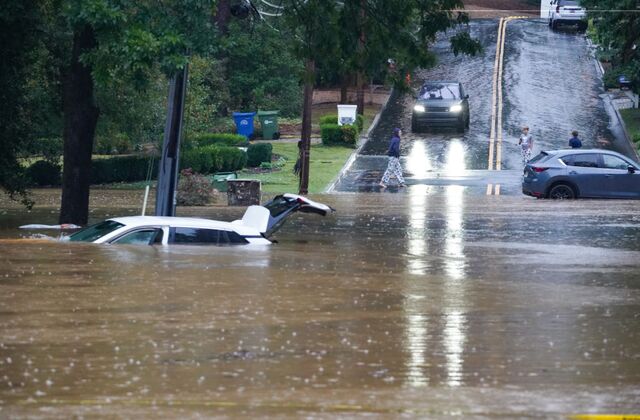
Force Majeure in Pennsylvania: A Deeper Look
When life throws an unexpected curveball — whether it’s a natural disaster, global pandemic, or government shutdown — businesses and individuals often look to their contracts for relief. One legal concept that may offer a temporary shield from liability is force majeure. But in Pennsylvania, invoking this clause isn’t as simple as citing an unforeseen event.
What Is Force Majeure?
The term force majeure is French for “superior force.” In contract law, it refers to a provision that frees both parties from liability or obligation when extraordinary events or circumstances prevent one or both of them from fulfilling their contractual duties.
Common examples of force majeure events include:
- Natural disasters (hurricanes, floods, earthquakes)
- War or terrorism
- Government actions or shutdowns
- Pandemics or public health crises
- Labor strikes or supply chain disruptions
But merely facing a hardship doesn’t guarantee relief — especially in Pennsylvania.
The Pennsylvania Approach: Express Clause Required
Under Pennsylvania law, a force majeure clause must be expressly included in a contract to be enforceable. Courts will not “read in” a force majeure provision if it is missing, no matter how disruptive the circumstances.
Key Takeaway: If your contract does not include a force majeure clause, you cannot rely on one — no matter how extreme the event.
What Happens If There Is No Clause?
In the absence of a force majeure clause, Pennsylvania law turns to narrow and limited common law doctrines, such as:
- Impossibility – Performance becomes literally impossible (e.g., the subject matter of the contract is destroyed).
- Impracticability – Performance would require extreme or unreasonable difficulty, expense, injury, or loss.
- Frustration of Purpose – The central purpose of the contract is no longer viable due to unforeseen circumstances.
These defenses are sparingly applied and require significant, fact-specific proof.
Enforcing a Force Majeure Clause
When a force majeure clause is included in the contract, courts will interpret it based on:
- The specific language used — what events are covered?
- Causation — was performance truly hindered by the listed event?
- Foreseeability — could the parties have anticipated and planned for the event?
If the event is not clearly listed or closely related to what is listed in the clause, courts may reject its use as a defense.
Force Majeure Lessons for Businesses and Individuals
- Don’t assume you’re protected — check if the clause is in your contract.
- Review your force majeure language carefully and update it regularly.
- Seek legal advice if an event occurs that may qualify.
- Document everything — how and why performance became impossible or impractical.
Conclusion
Force majeure is a powerful — but limited — tool in Pennsylvania contract law. It only applies if it’s clearly spelled out in your agreement and fits the exact circumstances of your case. Without it, parties must rely on much tougher legal doctrines to avoid liability.
Whether you’re drafting new agreements or navigating a crisis, our team can help you assess your risks and understand your options under Pennsylvania law.







